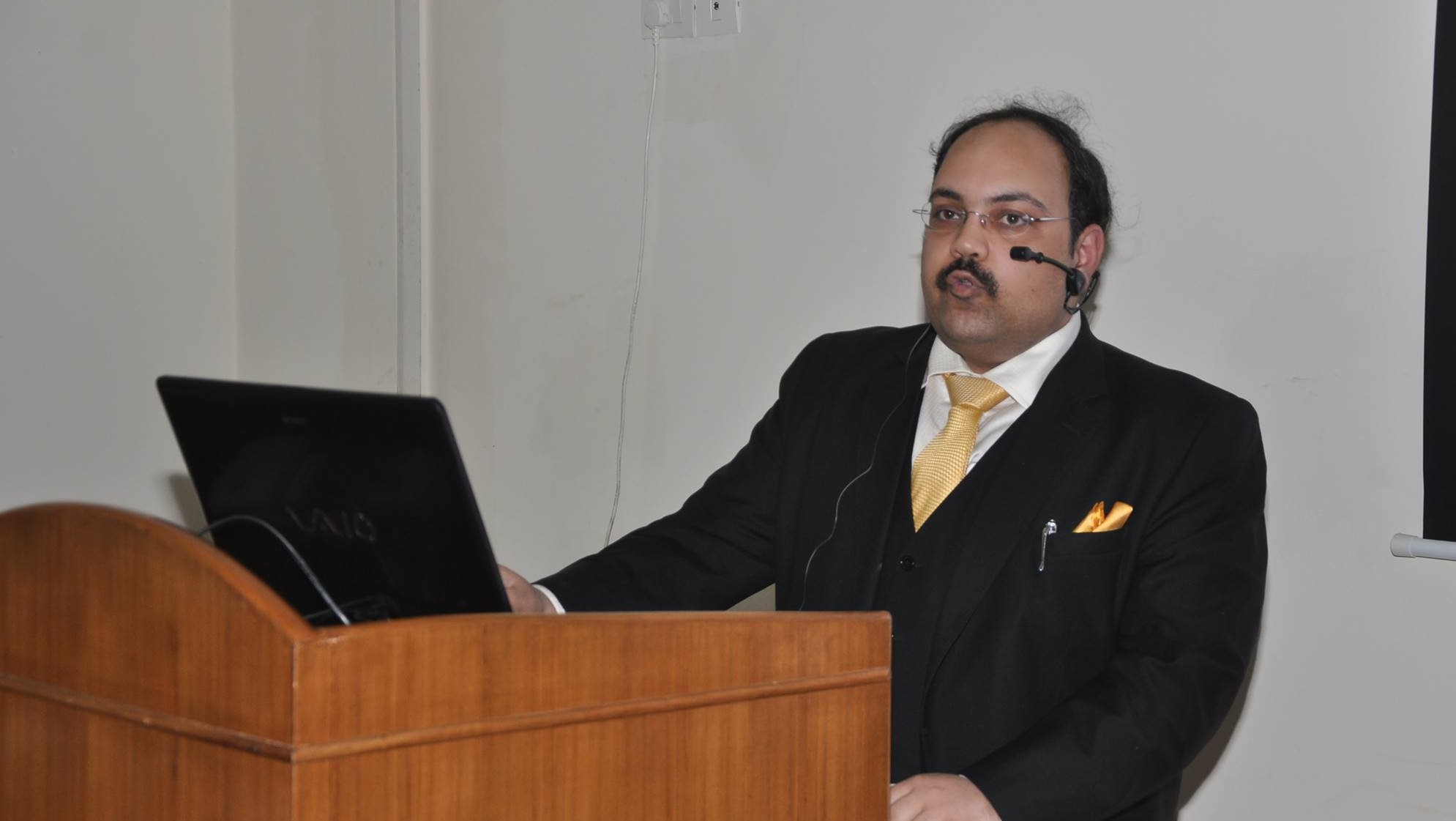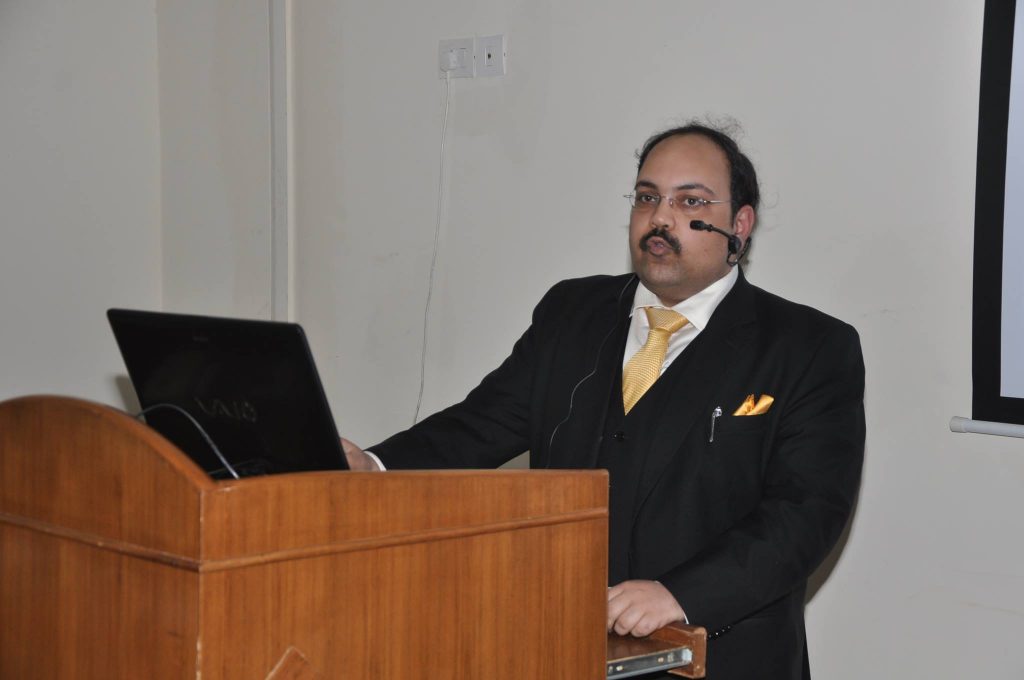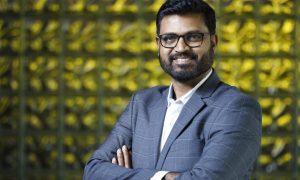This interview has been published by Priyanka Karwa and The SuperLawyer Team
Having served as a former member of Delhi Judicial Services, what motivated your transition from a judicial officer to a Law Coach? Please tell us about your journey.
Before coming to the question asked, let me introduce myself: I hold a Bachelor of Laws degree from GGSIPU, Delhi, which I obtained in 2009. I completed my LLM degree at the Indian Law Institute in Delhi in the academic year 2015-2016, having been awarded a scholarship based on my academic achievements. Subsequently, I participated in the Delhi Judicial Service Examination-2018. Thereafter, I was appointed as a Judicial Officer in Delhi. I voluntarily resigned from the esteemed Delhi Judicial Service in September 2023. The primary impetus for transitioning from being a member of the esteemed Delhi Judicial Services to becoming an independent Law Coach in Delhi was my fervour for teaching as a vocation. Prior to my appointment as a Judicial Officer in Delhi, I had already held the position of Assistant Professor of Law at Amity Law School, Noida, UP. Therefore, teaching law is a familiar undertaking for me. Teaching Law to young students brings me great happiness and a sense of fulfilment as I contribute to the education sector, which plays a vital role in the development of our nation. During my tenure at the esteemed Delhi Judicial Services, I acquired a comprehensive understanding of the intricacies of law, niceties of law and nuances of court practice/procedure. This motivated me to transition into a role as a Law Coach in order to share my extensive legal knowledge and skills with the judicial aspirants in Delhi-NCR. I have accumulated this expertise over a span of around 14 years as a legal professional, including my rigorous training at the esteemed Delhi Judicial Academy and my first-hand experience observing court proceedings as a Trainee Judge in Delhi. The shift from serving as a Judicial Officer in Delhi to working as a Law Coach in Delhi mostly stems from my instinctive desire to impart legal knowledge, driven by my natural inclination to guide and encourage aspiring legal professionals.
As a Law Coach, you are contributing to the development of future legal professionals. What inspired you to take up coaching, and how do you approach mentoring and tutoring to ensure effective learning for your students?
After my tenure in the Delhi Judicial Services, I have made the decision to devote my life to the education sector by becoming an independent Law Coach in Delhi. I plan to provide mentorship and coaching to those aspiring to become judges in the Delhi-NCR region. This is because I possess a distinct strong legal background by my unique exposure to academic positions, legal advocacy, judicial services, and legal research responsibilities. I am currently in the process of preparing and upgrading study materials to ensure that I can offer my services as a Law Coach in Delhi in a thorough and efficient manner. In the near future, I intend to officially establish my independent physical centre/office to cater to the needs of aspiring judges in the Delhi-NCR region. This launch is expected to take place within a few months. Meanwhile, I disseminate legal developments online and produce concise law articles for the benefit of online judicial hopefuls. Additionally, I am currently offering mentorship to anyone aspiring to enter the field of judiciary through online platforms. My primary objective is to alleviate the challenges faced by individuals aspiring to become judges and facilitate their transition from being students to becoming judges as seamlessly as feasible.
You’ve authored and co-edited books on legal topics. Can you tell us about the motivation behind your literary pursuits and how these publications contribute to the legal knowledge landscape?
I have collaborated in the editing of law books published by prominent law publishers and have also authored academic papers. This is mostly due to my inherent propensity towards academia and my intellectual orientation. The majority of my detailed articles were released while I was an Assistant Professor of Law at Amity Law School, Noida, UP. I continue to produce legal content through online platforms due to my strong passion for legal knowledge and my desire to share the knowledge I have obtained. I have co-edited two law volumes that focus on the subjects of post-colonialism in India and Sports Law in India. Both of these legal subjects are highly relevant in the present day, and the primary motive behind editing these books was to enhance the existing academic knowledge in India. I trust that I have adequately fulfilled this objective. Lately, I have transitioned to composing concise legal articles/notes on subjects of general legal knowledge and recent cases due to their frequent inclusion in Judicial Service Examinations.
Your profile showcases an impressive balance between academic roles, judicial services, and advocacy. How do you manage to balance these diverse roles, and what insights can you share with professionals looking to diversify their legal careers?
The shift from being an advocate to being a Law Coach has been a gradual process for me. Consequently, I firmly believe that individuals should always trust their instincts and their gut-feeling. Balancing is a skill that is cultivated when one is completely prepared to engage and is committed to giving their utmost effort towards achieving a specific objective within the constraints of time and available resources. Acquiring the skill of balancing can only be achieved via practical experience in a work environment. Young professionals have the opportunity to expand their expertise into several related industries, as long as they are open to acquiring new skills while working and adapting to the ever-changing circumstances that come with diversifying. It is imperative to consistently enhance one’s skill set in order to remain competitive with others in any professional domain. To make the decision to diversify one’s legal career, it is necessary to possess courage and self-confidence. Having faith and patience in one’s own ability is also an essential prerequisite.
Having been a law researcher in the Hon’ble Supreme Court of India, how do you think your passion for research influences your coaching style or philosophy?
I served as a Law Clerk and Research Assistant in the Hon’ble Supreme Court of India from 2009 to 2010. It was an immense privilege. As a Law Clerk, one is responsible for creating daily summaries of cases scheduled to be heard by the Court, as well as conducting research and preparing notes for ongoing cases. Furthermore, much research is necessary on many legal matters that necessitate resolution by the Court. Through engaging in these activities, I significantly refined my research skills. This skill set has proven beneficial in various domains, including advocacy, education/academic roles and judicial services. The skill of legal research is a valuable asset for the position of a Law Coach in Delhi. It is essential to stay updated with current legal issues that are frequently reported in the news. Questions related to this area often appear in judicial service examinations under the category of latest legal general knowledge. Furthermore, the current law has been altered/modified by recent rulings of the Hon’ble Supreme Court of India and numerous Hon’ble High Courts in India. Once again, it is necessary to conduct legal research in order to comprehend and inform the pupils about these legal advancements.
With approximately 14 years of experience in teaching, advocacy, and research, you’ve worked on notable cases and served in various legal capacities. Could you share an experience or case that left a lasting impact on you and influenced your approach to the law?
I can think of one recent instance where I served as a lawyer. In that instance, my contribution brought me great gratification and made a lasting impression on me. The case before the Ld. The Disability Commissioner concerned the terms and conditions of service for a disabled employee working for a PSU. Only tenacity and a lot of work were able to change the life of a disabled person who was being denied both his monthly salary and a transfer to a position close to his home/native place. The disabled person received both reliefs on the first hearing date because the case was structured in a way that the Ld. Commissioner was satisfied with the grounds raised in that particular case. This case has left a lasting impact on me. This instance taught me that there might be some differences between the written law on paper and the actual law in practice. Though they may have many rights in theory, disabled people may not be able to really exercise those rights in real practice for a variety of reasons. A lawyer’s or disability activist’s job is to ensure that the person with the disability may truly use all of the legal rights that have been granted to him in the black letter of the law.
Beyond your professional endeavors, are there specific personal interests or hobbies that you find rejuvenating, providing a balance to your demanding roles in the legal domain?
Due to the demands of my work, I have limited opportunities to engage in my other interests. However, I manage to allocate some time each day to browse the Internet and listen to Indian music, which really revitalizes me. Occasionally, I also keep track of cricket matches taking place in major tournaments, particularly the matches being played by India against other major cricketing nations. I also try to stay updated on current events in India by regularly reading newspapers, both in print and online, during my leisure time.
Drawing from your experiences, what advice would you give to the next generation of law students and legal professionals, especially those aspiring to join the judiciary?
My short advice to the next generation of legal professionals aspiring to join the judiciary in India is that one should always follow his passion and should always work in a planned and dedicated manner and only then can one achieve one’s goal. Dedication and hard-work alone help in clearing the Judicial Service Examinations in India and there is no short-cut to success. Proper planning and careful strategic thinking may reduce the degree of effort required, but without hard work, clearing such examinations would not be possible because there are far more applicants for judicial services compared to the limited number of available seats in India.
Get in touch with Bhavya Nain-

























